This was during Clinical Pastoral Education, a supervised "on the job" training in chaplaincy that includes both classroom and clinical time.
A couple weeks ago a doctor published an article about that event from his perspective. I wrote a letter to the editor from my own, which was published on Friday March 28th. Here's a link to the letter, the second one down on the page. This link also links you back to the original article.
Letter to the Editor

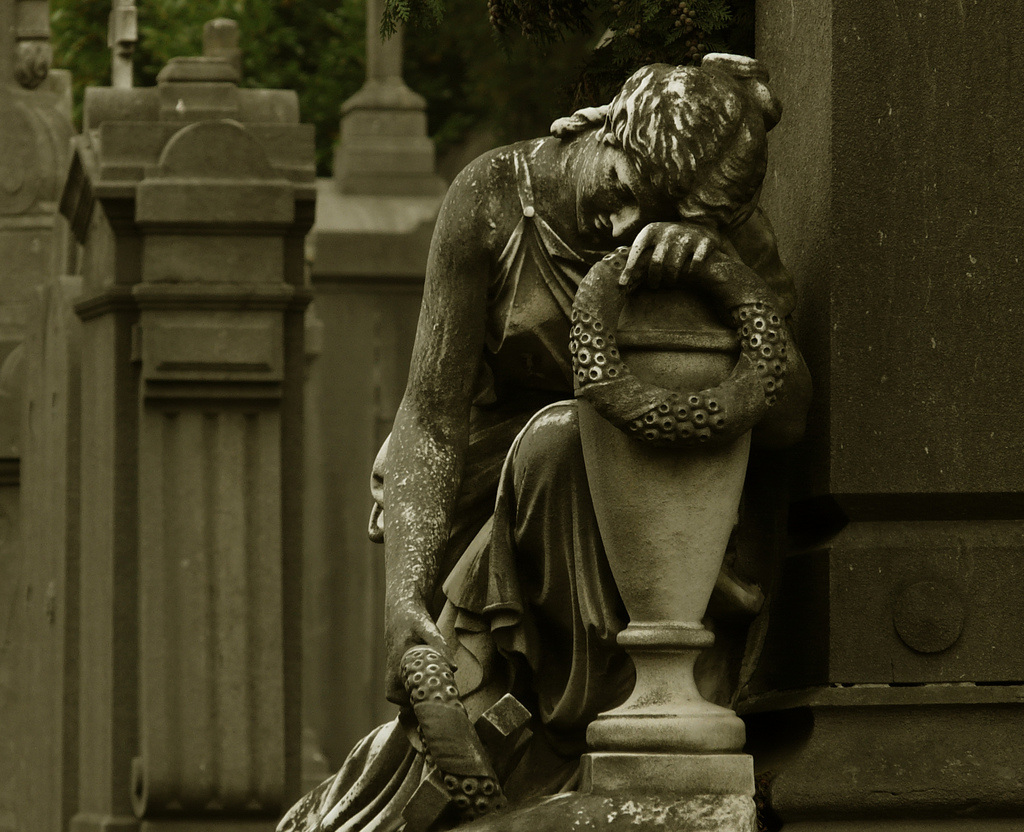

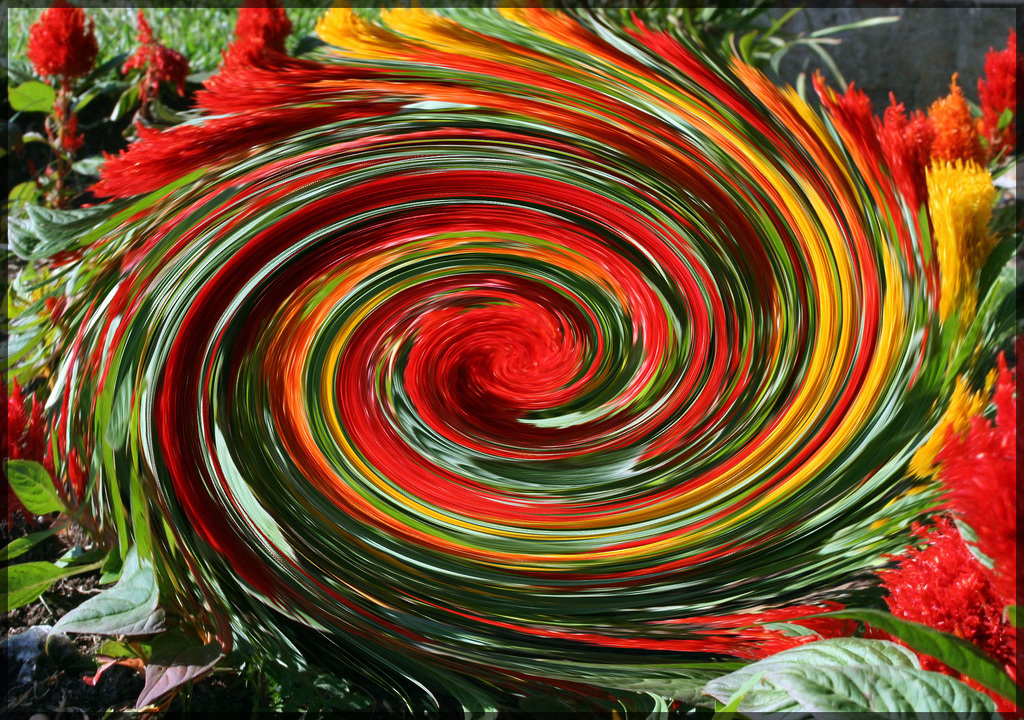
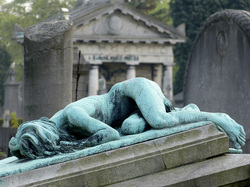
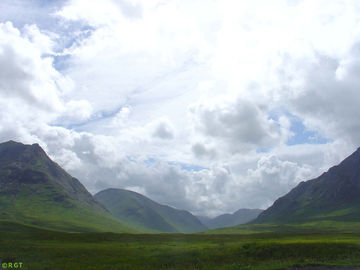
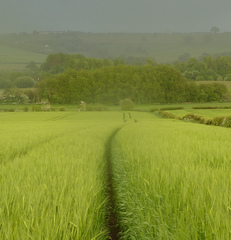
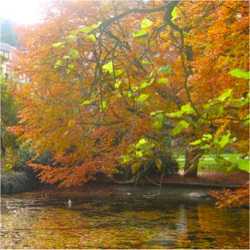
 RSS Feed
RSS Feed